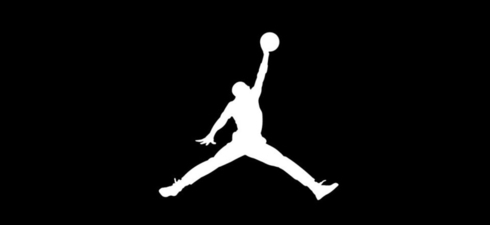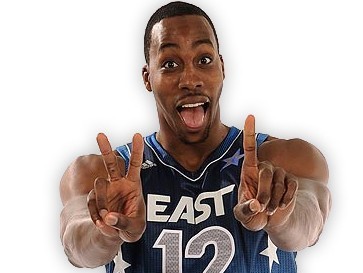Lessons in Business From Michael Jordan & His Sponsors
Michael Jordan is a celebrated cultural icon, a legendary African-American pioneer, and the greatest professional basketball player in the history of the league. However, in all his glory, we must also recognize Jordan as a savvy business leader and thinker when it came to making endorsement deals and shaping his personal brand. His strategic business practices contributed to his career success off the court and stands as a model for young athletes, as well as working professionals and small business owners just alike.
As a standout rookie player in the mid 1980’s, Jordan was faced with different shoe sponsorship opportunities. However his agent urged him to sign a deal with Nike, then a struggling shoe company, which granted him the opportunity to design and launch his own sneaker line called the “Air Jordans,” an unprecedented move at the time. The five-year endorsement deal, reportedly worth $2.5 million and royalties, not only revitalized the Nike brand, but it helped Jordan define his personal brand with the trademark “Jump man” logo.
Fast-forward 25 years later and Nike offered a major contract deal to all star NBA rookie Blake Griffin before he stepped on the court to play his first game. Of course this is a risky move on Nike’s part being that it’s based off of Griffin’s potential to exceed in his career. The deal will also allow Blake to demand more money and business ventures once he is more established in the league and grows in appeal. Although many would deem such a deal of too much of a risk, I would encourage you to use the same exact approach when it comes to deciding who you want to partner with business wise. Study the market to see which companies stand out when it comes to earning profits, being innovative, and rebranding itself. Based on your research and their potential to strengthen your brand or company, you should be able to make a smart and intuitive decision about if they are right for your business.
Jordan took full advantage of Nike’s fear of losing his business and did not limit himself to only market Nike. He branched out to sign deals with other company’s and extend his personal brand outside of Nike. For instance, he partnered with soft drink company Gatorade and created the “Like Mike” campaign which also had a major impact on the role Michael Jordan played in pop culture.
Likewise, small business owners should never become exclusively restricted to just one partner or close the door to other opportunites to brand themselves and connect with other businesses. Instead, you should continue to explore all your options. What if a deal falls threw, where will that leave your company or personal brand? Constantly sow seed with other opportunities to make sure that one bad deal or fall with a partner will not take down your company or brand image.
Many NBA stars are easily impressed with the immediate benefits offered to them in the start or peak of their career such as short term contracts and endorsement deals. However Jordan was the first professional player to think about how he wanted to market his brand on a long term basis. For instance, for years Jordan refused to appear in NBA video games and instead was replaced on simulation rosters as an anonymous player which thus hurt the game’s realistic values. Jordan only appeared in games he signed off on and before his image could be used it would need to be approved completely by him not the NBA players association. It wasn’t until recently that Jordan allowed his likeness to be used well after his retirement in the NBA 2K video game series as he became the first retired player to grace the cover and have its own career mode mini game included. On the contrary, new players like Blake Griffin would have a tough time saying “No” to video game developers and sneaker companies because he is still enjoying the instant fame.
As in Jordan’s case, it’s crucial to consider the long term results as well as the immediate effects that business deals or major company changes will have on your business years later. For instant, when thinking about downsizing to save money, consider how feasible it will be to have less employees doubling their work load. Will the results be the same? Or are you willing to double or even triple the work load yourself?
Jordan’s blueprint calls for somewhat risky behavior, branching out, and consideration of long term effects rather than immediate results. By applying these business tools, you too could be like Mike.







yeah nice
Hi and thanks for finding the time to describe the terminlogy for the inexperienced persons!